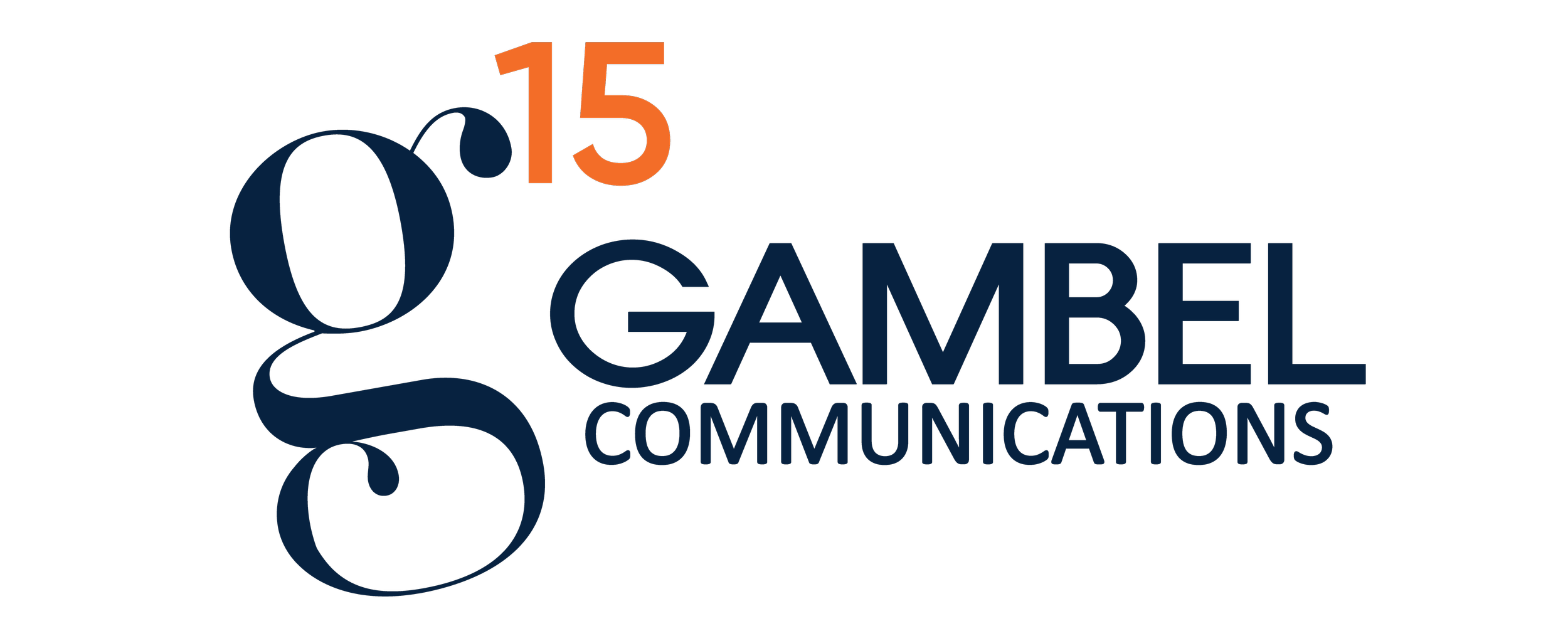The Quest For Quiet
In these days of mobile devices and tablets, fast food and drive up windows and ready transit through companies like Uber, we find ourselves constantly connected, expecting immediate gratification and in a state of perpetual motion. Multitasking has become the norm, and time for a singular focus has become more and more remote.
Our personal and professional lives are bombarded with stimuli. Life without a smartphone, email, computer, television or video games is unimaginable. We are expected to respond immediately to every beep, buzz, ping, ring, signal or sound, and when there is a delayed response, we wonder if something is wrong.
In this frenetic environment, is there a place for stillness?
I began asking myself this question a few months ago when I made the decision to purchase a weekend home in the sleepy beach town of Pass Christian, Mississippi. Once a favorite respite for New Orleanians seeking refuge from sweltering summers, “The Pass” is a symbol of resilience, resurrected after having been crippled by hurricanes such as Camille and Katrina.
And perhaps it is this resilience that allows its visitors to disconnect. With its 500 year old oak trees, the sparkling waters of the Gulf of Mexico, and the vista of Cat Island ten miles offshore, Pass Christian inspires a simpler, quieter life. Sugar white beaches beckon languid walks, reflective gazes and soulful thoughts. Plus spotty internet service makes it a bit easier to detach.
In The Art of Stillness — which was released this month — author, travel writer and Time Magazine journalist Pico Iyer laments, “...(with) 1.5 million miles on United Airlines alone ... I’ve got plenty of movement in my life. I need stillness.”
Iyer, who has lived with his family in rural Japan for 15 years, may have taken his quest for quiet to the extreme. He lives without a cellphone, car or bike, and cannot even understand the language. Yet he is content with his voluntary isolation, and explains, “We’re very different people when we are running from one place to the next appointment to the next email and we can only keep gathering fragments but never get any deeper than that.”
While Iyer may be onto something, there are few of us (myself included) who would choose a lifetime of seclusion. But perhaps it is this quest for quiet that is the antidote to our constantly connected lives.
As small business owners, do we really have the discipline to disconnect?
Or maybe the more important question might be: Is disconnecting so critical to the success of our business that we must make the time to schedule it as we would a client meeting or annual physical?
Michael Harris, author of The End of Absence: Reclaiming What We’ve Lost in a World of Constant Connection, reports that most U.S. workers see their constant connection as a positive. In the age of the smartphone, there’s no such thing as downtime, and as business professionals, we boast that we are more productive because of it.
Yet what really is happening, submits Harris, is that each interruption to answer an email or attend to a text message actually sets our brain back, diminishing our attention span and eventually inhibiting our ability to sustain creative energy. While on the surface it may appear that we are always at work, we are truly never fully at work. Being busy does not equate to being productive. To that end, businesses looking for new ideas or critical thinking must recognize that disconnection is sometimes preferable to connection.
Harris’ advice? Batch-processing email is one easy solution. Check email several times a day and focus on your real work the other times. The world is not going to end because you check messages intermittently. If it is urgent, there is always the phone.
Blogger Mark Wilson agrees,”The idea of multitasking sounds great, but it’s actually highly inefficient. Try putting your phone down between certain hours, ignore those work emails and you’ll actually give yourself less work.”
And my friend Brian, a keen creative director who has lived in solitude aboard his sailboat for years now, is convinced that multitasking only allows people to do twice as many things half as well.
Harris advises, “We can’t keep falling prey to ambient work or play. Instead, we must actively decide on our level of tech engagement at different times to maximize productivity, success and happiness.”
While expert opinion is that constant connection is actually hurting productivity and efficiencies in the workplace, Harris argues that the greatest loss is absence itself — of silence, wonder and solitude. And that is what I hope to gain with my Pass Christian retreat: detaching from endless distraction, recapturing well-earned pleasures, being at one with my thoughts, learning to enjoy being alone, engaging in face to face conversations and even allowing myself to be comfortable when bored.
And if this quest for quiet does not reinstate the value of what I have lost with technology overload, I can simply reconnect with the click of a power button.
This blogger graduated from Goldman Sachs’ 10,000 Small Businesses program. Goldman Sachs is a partner of the What Is Working: Small Businesses section.
